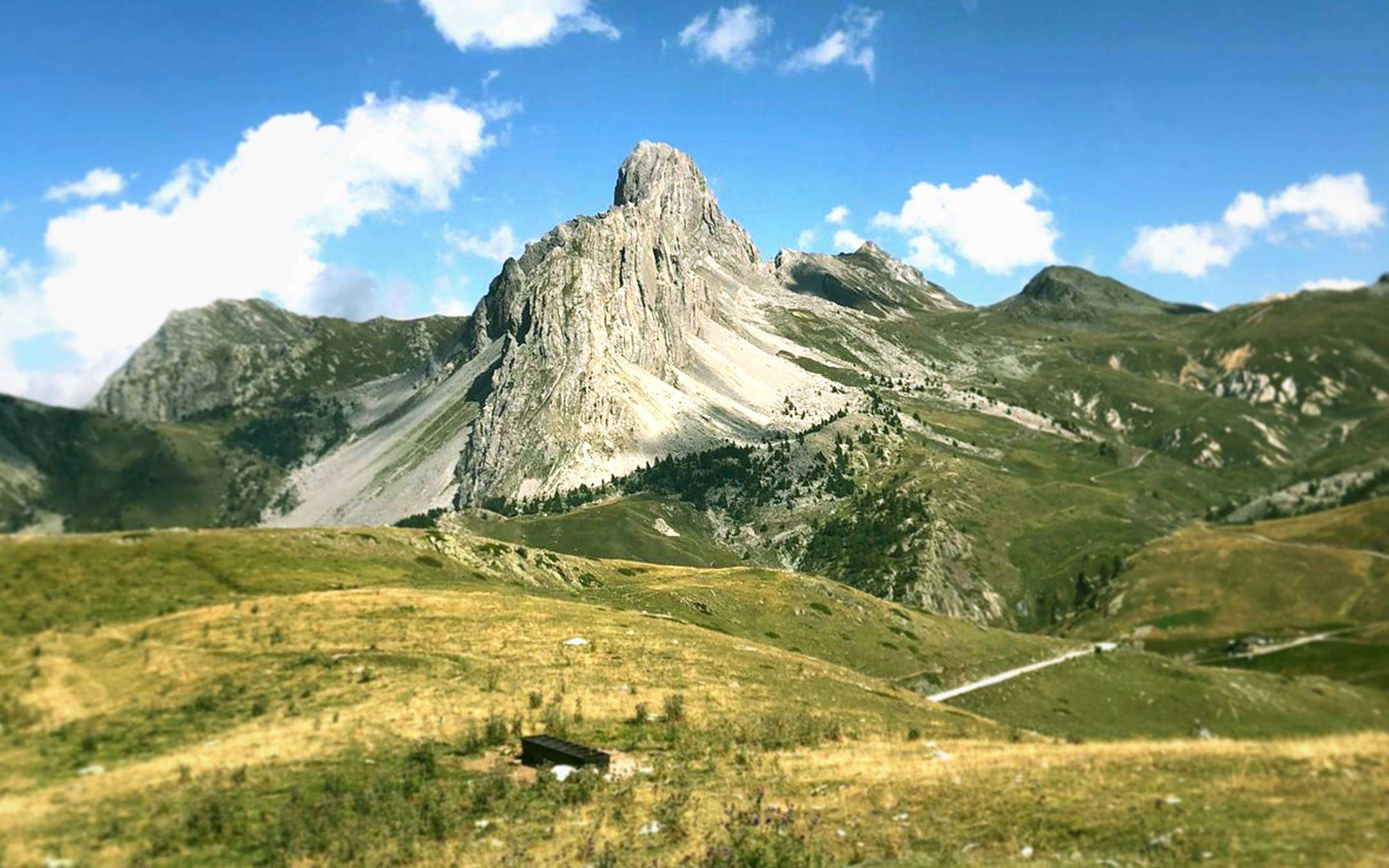UNCEM: cashback is doubled in internal areas

UNCEM: double cashback in internal areas
The proposal is signed by the new UNCEM president, Roberto Colombero:From the current and generalized 10% cashback for each purchase, we ask that it be increased to 20% for those who pay by card in shops and businesses in Italian mountain municipalities and in small municipalities. It is significant that there may be a distinction, an increase in opportunities in the territories. This would cover a gap of opportunities, of flow in the shops and establishments that supply the Italian mountain territories. It would encourage the consumer to choose those shops, bars, restaurants in our municipalities on which we have been focusing for a long time also with the claim 'Buy in the valley, the mountain will live'. an economic consideration, if not in an instrumental sense: stimulating economic activities in the valleys, in fact, means giving life blood to communities that suffer particular conditions of difficulty but which, at the same time, represent a great deal for the surrounding social and economic fabric. Every stimulus to the valleys, in fact, means less depopulation and greater resources of scale to guarantee services and improve the quality of life where otherwise the policy would have to intervene with massive welfare policies (impossible both to implement and to apply). Colombero again:
On enhanced cashback, I expect a commitment and a signal from the Ristori Decree, unified from one to four in the conversion to Parliament. The Ristori Quinquies that you are writing can also give an answer to our request. Uncem is also working with Poste Italiane and with credit institutions to limit commissions on electronic payments and the cost of renting the pos. Everyone must have it, but the commissions in the shops and in all the businesses of the mountain municipalities must be zeroed.
A cashback that goes from 10 to 20% to reach out to communities that are doing a lot to keep in life areas with high tourist potential, which can do a lot to ensure new inflows for the national trade balance and which often can have very little from centralized entities that escape the fragmented capillarity of the many valleys in the face of the macro problems of the big city. br>
There is therefore a great semantic difference in the concept of “local purchase” required by UNCEM compared to that - equally respectable - carried out by city exhibitors. In the valleys, in fact, the concept of local business deals with complex logistics, with fewer catchment areas, with extremely poor infrastructures, but all this in the face of essential repercussions on the territory and on the populations who take care of roads, embankments, rivers, traditions and culture. A reinforced cashback would guarantee the existence of many realities of great importance for all of Italy, therefore.
And even if the Government does not have the strength or the sensitivity to follow up on this initiative, the UNCEM proposal will still remain important as it will have once again brought the problem to the tables of Rome. Claiming, once again, the central importance of inland areas in what should be policies designed for the entire national territory.
Source: Quotidiano Canavese